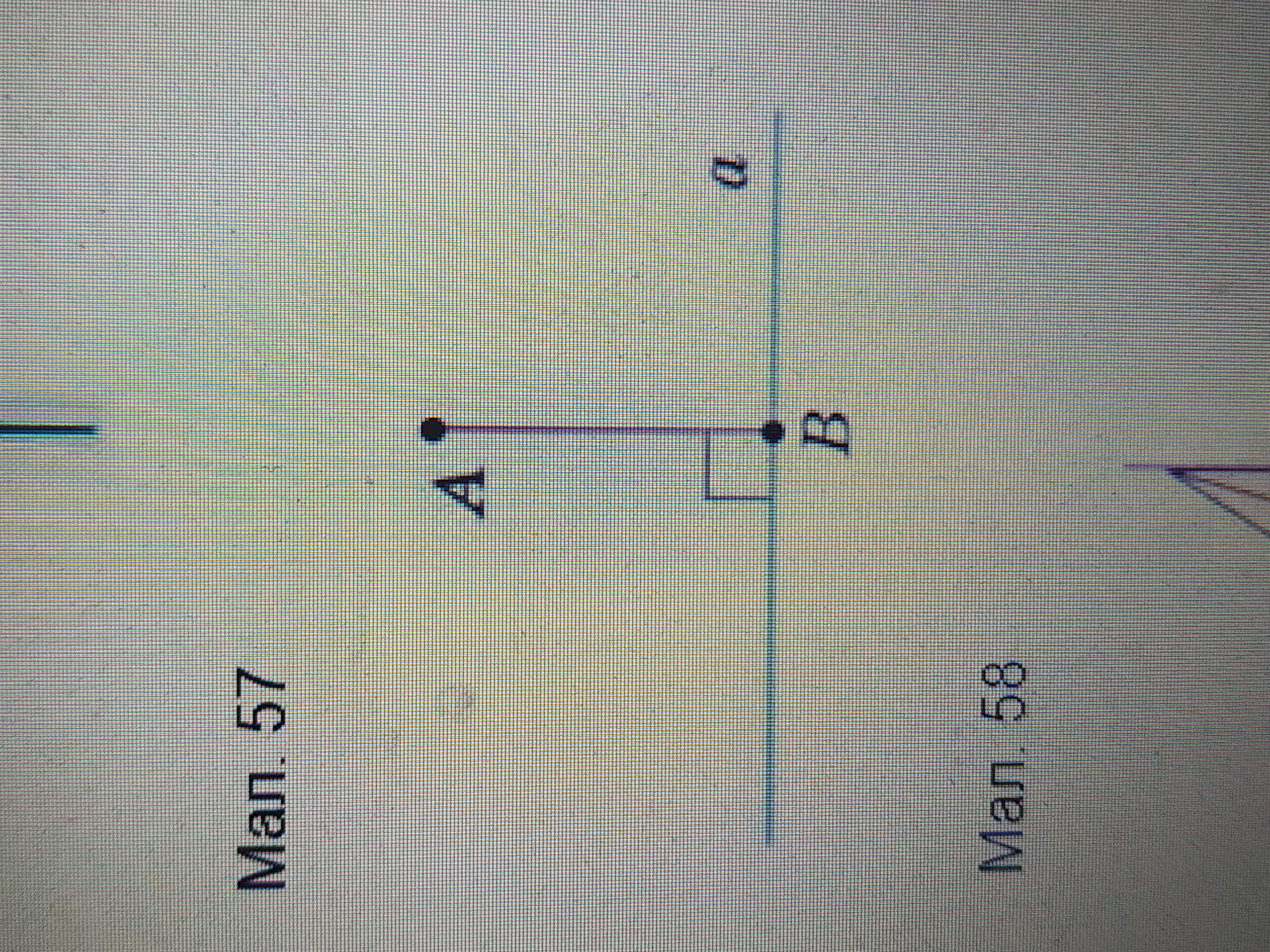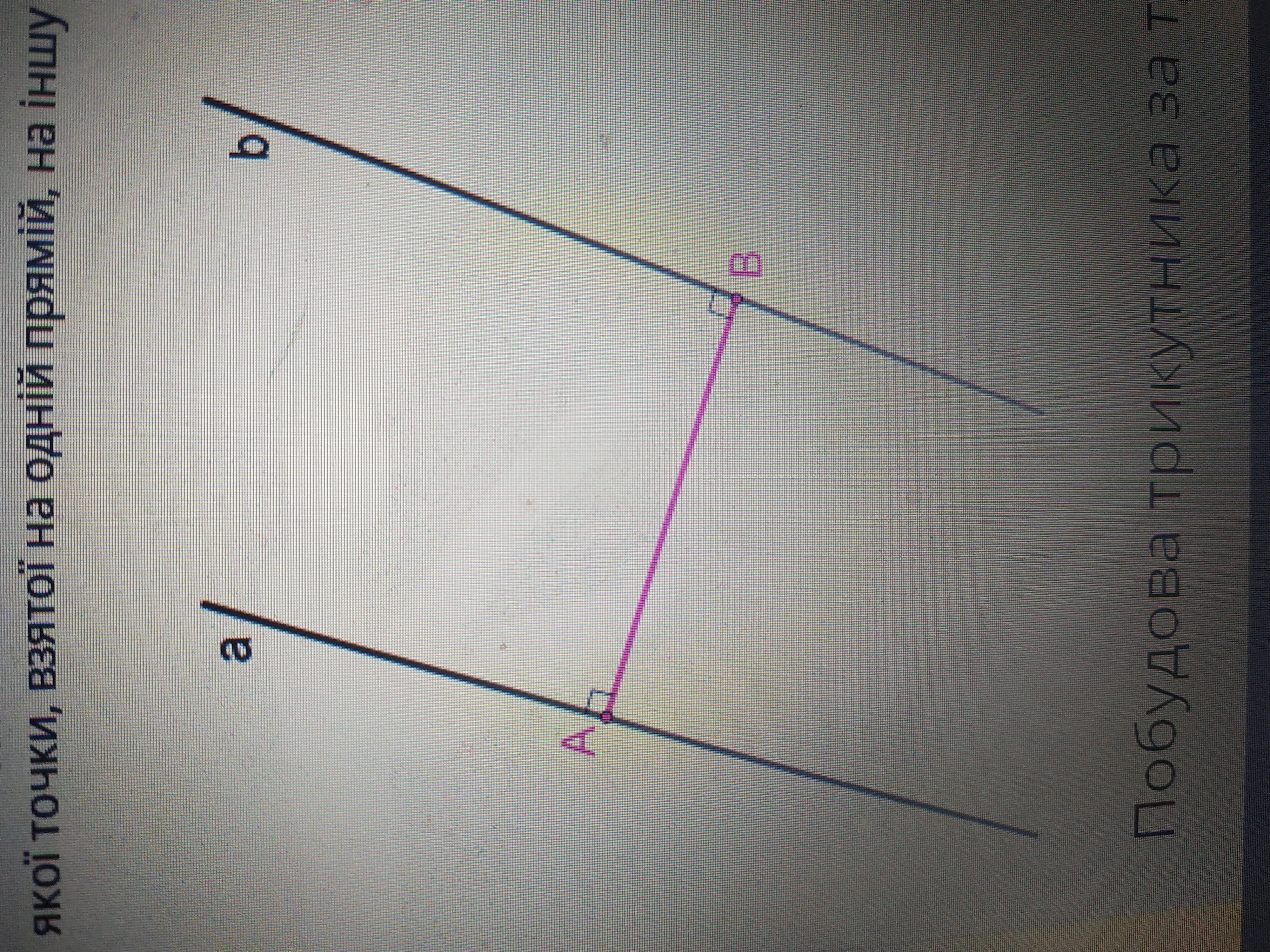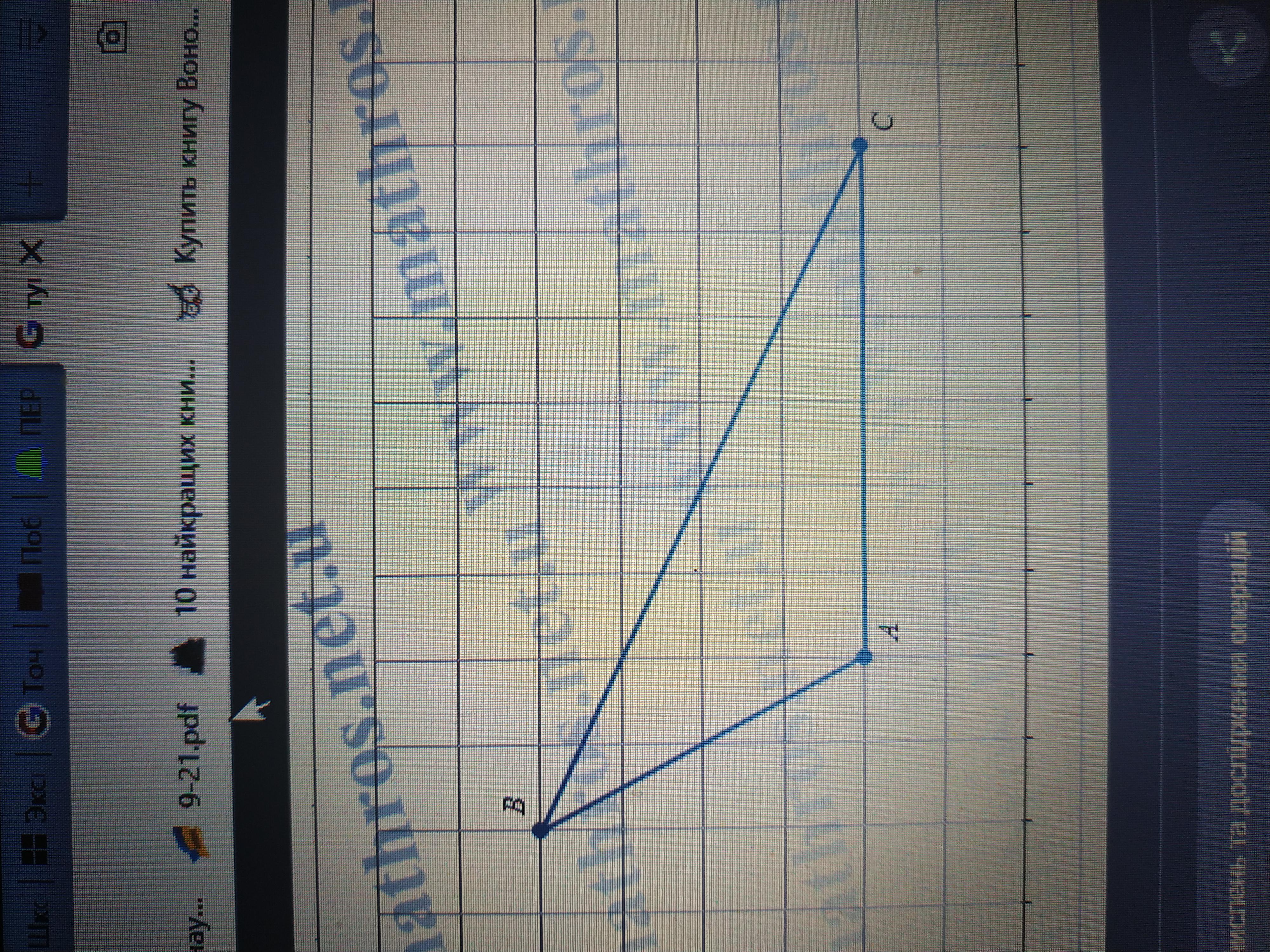Предмет: Геометрия,
автор: Matvey24на7
Пожалуйста помогите, голова не варит, постройте на листе пожалуйста)
1.Построить два перпендикулярных отрезка, если один угол прямой
2.построить треугольник (по стороне и двум прилежащим им углам)
3. Построить треугольник ( по стороне и углу между ними ), если один угол тупой
Ответы
Автор ответа:
0
Ответ:1,2,3 все є
Объяснение:
Приложения:



Похожие вопросы
Предмет: Биология,
автор: lousewika
Предмет: Русский язык,
автор: doofksa
Предмет: География,
автор: asmetollaevislam
Предмет: Биология,
автор: nastya888999
Предмет: Математика,
автор: nastyasavchenk4